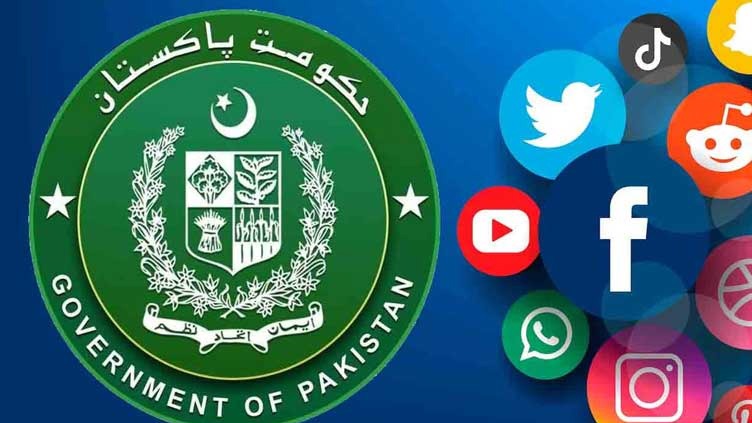Introduction
The Punjab government in Pakistan has issued new directives regulating the social media use of civil servants. The guidelines, released by the Services and General Administration Department (S&GAD), emphasize caution and restraint while using online platforms. Officials are warned against posting content that could undermine national security, public order, or the credibility of state institutions.
Ban on Policy Commentary Without Approval
According to the circular, government employees are now barred from expressing personal opinions on government policies without prior permission. This ban extends across all major platforms, including Facebook, X (formerly Twitter), Instagram, YouTube, TikTok, and other digital spaces.
The government insists that these restrictions are essential to maintain institutional discipline and protect the integrity of state decision-making. By preventing unauthorized commentary, officials hope to avoid the spread of conflicting narratives that may misrepresent official positions.
Content Deemed Unacceptable
The new policy makes clear that certain online behaviors will not be tolerated. Posts or comments that:
-
Threaten national security,
-
Disturb public order,
-
Promote sectarianism,
-
Disrespect the judiciary or government institutions, or
-
Contain illegal or obscene material
will be considered violations. The government has also banned content aimed at personal promotion or self-publicity by civil servants.
Ethical Standards for Public Officials
The directive stresses that officials must uphold high ethical standards in their online presence. They are expected to maintain integrity, responsibility, and neutrality when engaging in digital spaces.
S&GAD has instructed all civil servants to conduct themselves online in a way that reflects professionalism and respect for state institutions. The guidelines warn that any breach will invite strict disciplinary action, potentially affecting an employee’s career progression.
Background: Growing Scrutiny of Online Expression
This move reflects a broader trend in Pakistan where governments have increasingly sought to regulate online speech. In recent years, civil servants and even academics have faced inquiries for online comments deemed critical of official policies.
Pakistan already has regulations under the Civil Servants (Conduct) Rules, 1964, which prohibit government employees from engaging in political activity or public criticism of state policies. However, with the rise of social media, these rules are being updated and enforced more stringently.
The federal government has also introduced measures under the Pakistan Electronic Crimes Act (PECA), 2016, to monitor online activity. Critics argue that such steps risk curtailing freedom of expression, while officials insist they are necessary to preserve discipline and national security.
Reaction and Implications
Human rights groups and digital rights activists have expressed concern over similar policies in the past. They argue that blanket bans could discourage legitimate debate and whistleblowing. Meanwhile, supporters of the new rules believe civil servants, as representatives of the state, must remain impartial and avoid controversial online activity.
The implications for government employees are significant. Even a single post interpreted as violating the guidelines could lead to suspension or disciplinary hearings. Many civil servants may now choose to limit their presence on social media altogether.
Conclusion
The Punjab government’s latest social media code of conduct signals a tightening of control over how state employees interact online. While the directive aims to safeguard institutions and public order, it also highlights the growing tension in Pakistan between digital freedoms and state oversight.
As social media continues to shape public opinion, the balance between official discipline and individual rights will remain a contentious issue.















